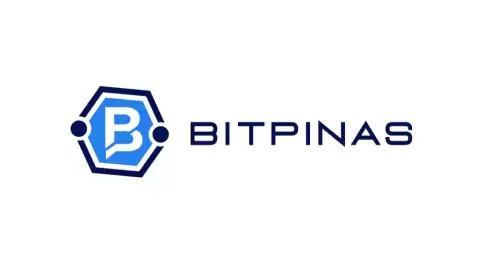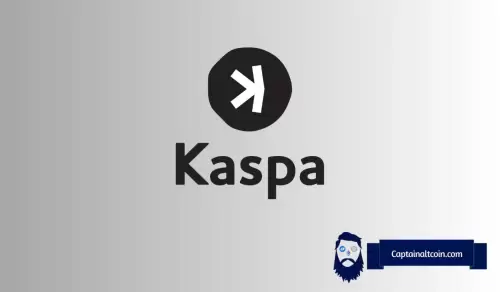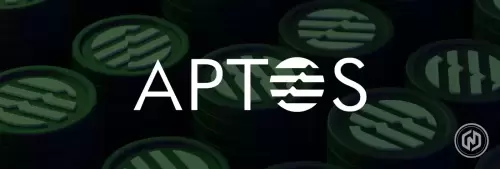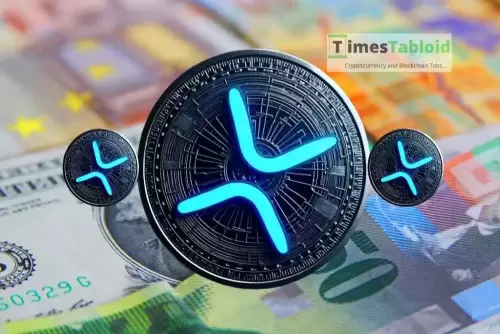 |
|
 |
|
 |
|
 |
|
 |
|
 |
|
 |
|
 |
|
 |
|
 |
|
 |
|
 |
|
 |
|
 |
|
 |
|
Cryptocurrency News Articles
Introducing Alpenglow, Solana's Ambitious Core Upgrade to Its Consensus Protocol
May 21, 2025 at 04:01 pm
Solana developers are planning what could be the blockchain's most ambitious core upgrade to date — one that replaces its current technology stack with a redesigned consensus protocol built for near-instant finality and responsiveness.

Solana developers are planning what could be the blockchain’s most ambitious core upgrade yet — one that ditches its current technology stack and pivots to a redesigned consensus protocol built for near-instant finality and responsiveness.
The new system, called Alpenglow, was unveiled on Monday by infrastructure firm Anza, a Solana Labs spinout.
It proposes replacing Proof of History — Solana’s famously unique “pre-recorded clock” system — and Tower BFT, its existing voting mechanism for reaching consensus.
BFT, or Byzantine Fault Tolerance, is a way for a group of network nodes to agree on a piece of information even if some were lying or broken.
Proof of History is one of Solana’s core features, a type of cryptographic “clock” so validators don’output:t have to argue over timing when recording data to the network — a shortcut that immensely speeds the network but adds complexity.
Why shift?
So why the proposed shift? Because both systems are relatively slow and complex under the hood. TowerBFT needs multiple rounds of voting, and Proof of History relies on a cryptographic clock that can cause coordination delays. Alpenglow simplifies this with faster, more direct communication and quicker consensus.
In their place comes a two-part solution:
1) Votor, which handles block finalization and can confirm transactions in as little as 100–150 milliseconds (based on current simulations).
2) Rotor, a data relay protocol that aims to transmit transaction data faster and more efficiently than Turbine, Solana’s current broadcast mechanism.
This isn't just a tech flex, it directly impacts developer experience, user responsiveness, and the types of apps that can run natively on Solana, including real-time finance, gaming, and social tools.
These implementations could, in turn, increase on-chain activity, and by extension, SOL token demand.
Finality in under a second would mark a step-change for Layer 1 blockchains, most of which still operate on multi-second confirmation windows. Solana has already experimented with “optimistic confirmations” to reduce latency, but Alpenglow formalizes this into a provably fast protocol.
Finality means a transaction is fully confirmed and can’t be changed or reversed, making it a permanent part of the blockchain.
Per its whitepaper, Alpenglow's Votor system could finalize blocks in a single voting round if 80% of the stake is online, or two rounds if only 60% is responsive, with both modes running concurrently to finalize on the faster path.
On the other hand, using Rotor would allow fewer “hops,” smarter relay node selection, and better bandwidth distribution to push data around the network quickly — critical for keeping block times fast without relying on a central bottleneck.
A hop is one step a piece of data takes as it moves from one computer (or node) to another across a network.
As of Tuesday, no launch date has been confirmed. But for Solana, this is more than just an upgrade — it’s a bet on speed as the chain’s identity. If it works, it could re-assert Solana’s position not just as the fastest L1, but as one of the only ones fast enough for real-time use cases.
Disclaimer:info@kdj.com
The information provided is not trading advice. kdj.com does not assume any responsibility for any investments made based on the information provided in this article. Cryptocurrencies are highly volatile and it is highly recommended that you invest with caution after thorough research!
If you believe that the content used on this website infringes your copyright, please contact us immediately (info@kdj.com) and we will delete it promptly.






























































